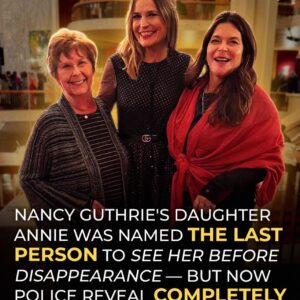I planned a small baby shower, and my brother Marco asked to propose during it. I told him no—clearly—and thought he accepted it. But at the party, he still tried to kneel with a ring, and I stopped him. The room fell silent, he stormed out, and the next day my mom told me she had secretly approved his plan. Suddenly, I was the villain for “embarrassing him,” even though he tried to hijack my event.
Family members started texting me, calling me dramatic, even though I stayed calm and simply reminded Marco of our agreement. The guilt and pressure were exhausting. Then, out of nowhere, Marco’s girlfriend, Talia, called. She thanked me for stopping the proposal—she said things between them were rocky, and if he’d done it publicly, she might have said no or walked out. The proposal wasn’t romance; it was pressure.
Shortly after, I went into early labor and welcomed my daughter, Amira. Marco didn’t visit at first, but two weeks later he finally reached out. When he came over, he apologized, admitting he’d tried to force a “big moment” because he was scared she’d reject him privately. Talia eventually broke up with him, and he realized he needed to work on himself. Over time, he showed up for me, helped with the baby, and began genuinely growing up.
Months later, Marco and Talia slowly reconnected—this time without grand gestures or social media stunts. Our family finally healed from the tension. Looking back, I realized something important: saying “no” isn’t selfish. Boundaries protect moments, relationships, and people. And sometimes, the very boundary that upsets someone ends up saving them from a much bigger mistake.





